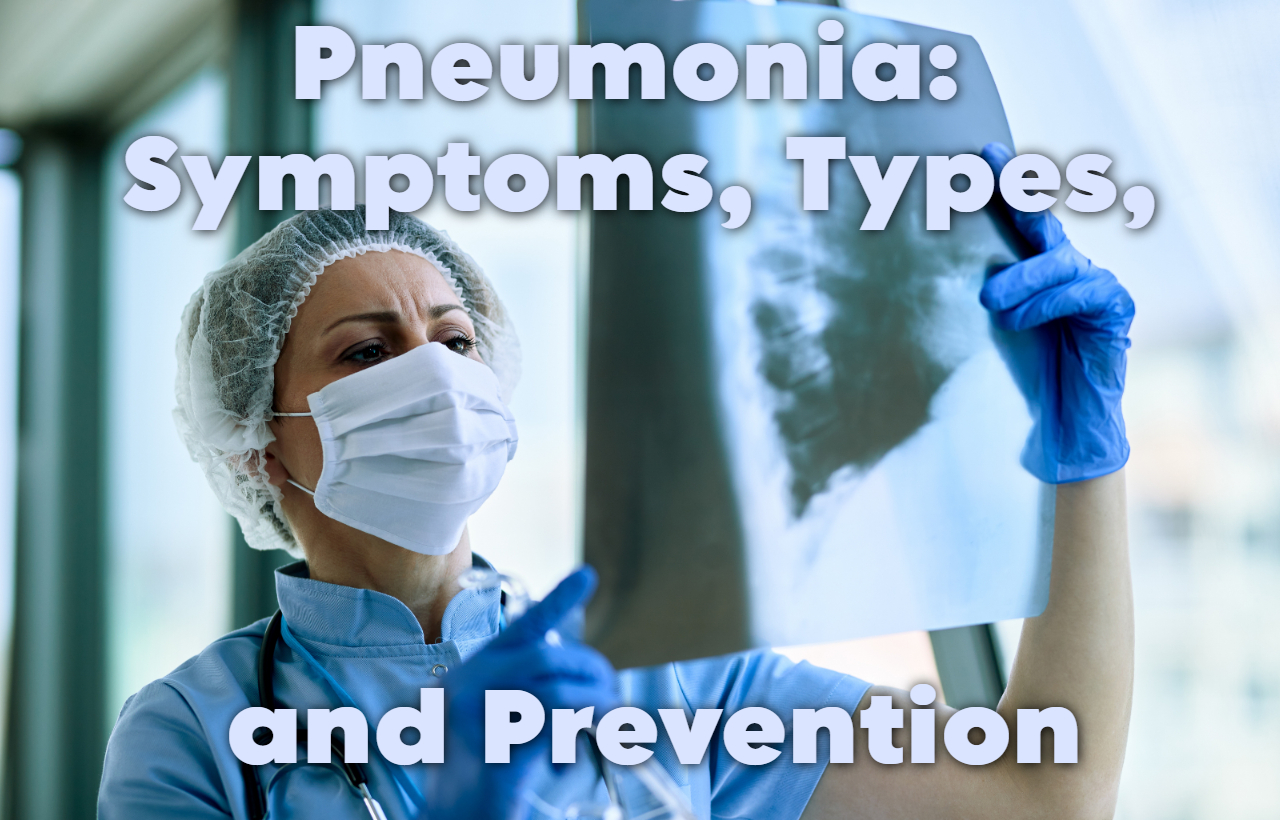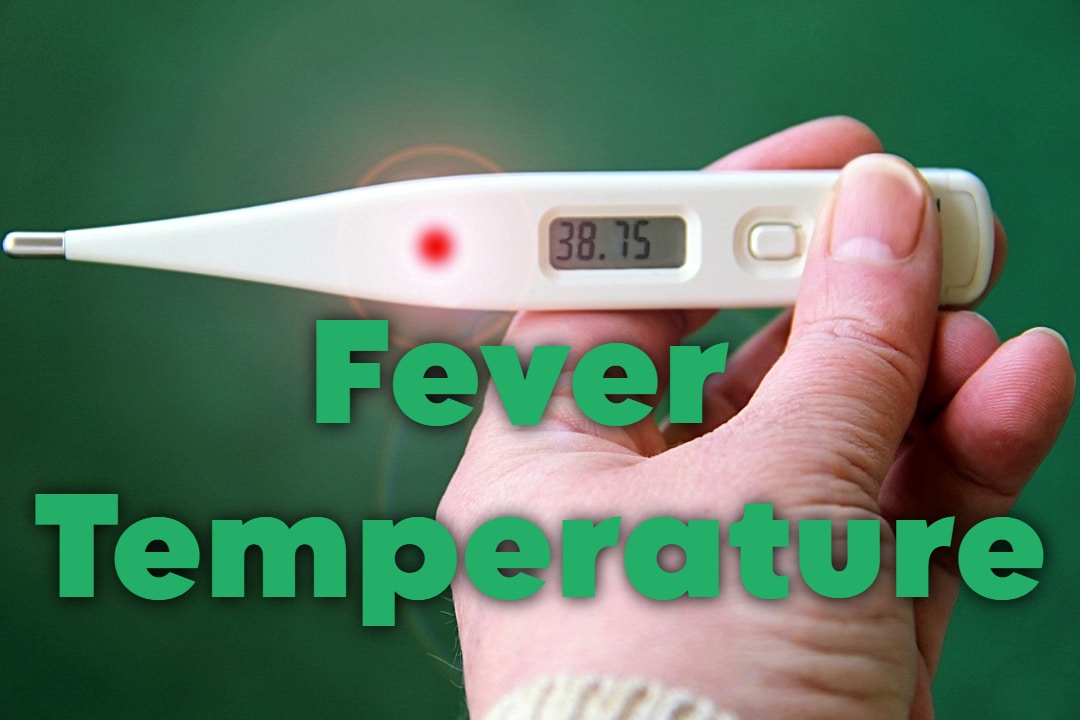Pneumonia is a significant health concern affecting millions of people worldwide. It is an infection that inflames the air sacs in the lungs, causing a range of symptoms and potential complications. Understanding what causes pneumonia, its symptoms, and how it can be treated or prevented is essential for managing this condition effectively. This blog will delve into the causes, types, treatment options, and prevention measures for pneumonia, answering some of the most commonly asked questions.
What Is Pneumonia?
Pneumonia is a respiratory condition where the air sacs (alveoli) in one or both lungs become inflamed and fill with fluid or pus. This can result in symptoms such as coughing, fever, and breathing difficulties. Pneumonia can range from mild to severe and, in some cases, can be life-threatening.
What Causes Pneumonia?
The primary causes of pneumonia include bacteria, viruses, fungi, or other pathogens. Environmental factors or underlying health conditions may also increase the risk of developing this disease. Below is a detailed table summarizing the different causes:
| Cause | Pathogen Examples | Characteristics |
|---|---|---|
| Bacteria | Streptococcus pneumoniae, Mycoplasma pneumoniae | Common in adults; often affects one lung (lobar pneumonia). |
| Viruses | Influenza virus, RSV, SARS-CoV-2 | More common in children; symptoms may overlap with the flu. |
| Fungi | Histoplasma, Cryptococcus | Affects individuals with weakened immune systems, such as HIV/AIDS patients. |
| Aspiration | Food, liquids, or vomit | Occurs when foreign substances enter the lungs, causing irritation and infection. |
| Hospital-acquired | Pseudomonas aeruginosa, Klebsiella | Develops during a hospital stay, particularly in patients on ventilators or with weakened immunity. Often more severe due to antibiotic resistance. |
| Community-acquired | Various pathogens | The most common type; occurs outside hospital settings. |
Pneumonia Symptoms
Recognizing pneumonia symptoms early can help in seeking prompt medical attention. Symptoms can vary based on the cause and severity of the infection, but common signs include:
- Persistent cough with mucus (phlegm)
- Fever, chills, and sweating
- Shortness of breath or rapid breathing
- Chest pain, especially during coughing or deep breathing
- Fatigue and weakness
- Nausea, vomiting, or diarrhea
- Confusion (particularly in older adults)
If these symptoms persist or worsen, it is essential to consult a doctor, as severe cases can lead to complications like respiratory failure.
Is Pneumonia Contagious?
A frequently asked question is, “Is pneumonia contagious?” The answer depends on the type of pneumonia:
- Bacterial and viral pneumonia: Both are contagious and can spread through respiratory droplets from coughing or sneezing.
- Fungal pneumonia: Typically not contagious, as it is contracted from environmental exposure.
- Aspiration pneumonia: Non-contagious, as it results from inhaling foreign substances.
Taking precautions such as wearing masks, maintaining hygiene, and avoiding close contact with sick individuals can reduce the risk of transmission.

Types of Pneumonia
Pneumonia can be classified into several types based on its cause or where it was contracted. Understanding the types of pneumonia is crucial for diagnosis and treatment.
| Type | Description |
|---|---|
| Community-Acquired Pneumonia (CAP) | Develops outside hospitals; the most common type. |
| Hospital-Acquired Pneumonia (HAP) | Contracted during a hospital stay; often caused by resistant bacteria. |
| Ventilator-Associated Pneumonia (VAP) | Occurs in patients using mechanical ventilators. |
| Aspiration Pneumonia | Caused by inhaling food, liquid, or vomit into the lungs. |
| Fungal Pneumonia | Often affects immunocompromised individuals or those living in specific environments. |
Is Pneumonia Deadly?
Pneumonia can indeed be deadly, especially in high-risk groups such as:
- Infants and young children
- Elderly individuals (65 years or older)
- People with chronic illnesses (e.g., diabetes, heart disease)
- Immunocompromised individuals (e.g., cancer patients, HIV/AIDS)
However, with early diagnosis and appropriate pneumonia treatment, the condition can often be managed effectively, significantly reducing the risk of complications.
Pneumonia Treatment
The treatment for pneumonia depends on the type and severity of the infection. Here’s a breakdown of common pneumonia treatment methods:
- Antibiotics: Effective for bacterial pneumonia. Commonly prescribed medications include amoxicillin and azithromycin.
- Antiviral Medications: Used for viral pneumonia, though supportive care (e.g., hydration, rest) is often sufficient.
- Antifungal Medications: Required for fungal pneumonia.
- Oxygen Therapy: For severe cases where breathing is impaired.
- Pain and Fever Relievers: Over-the-counter medications like ibuprofen or acetaminophen can help manage symptoms.
- Hospitalization: Severe cases may require intravenous antibiotics, fluids, and intensive care.
Is Pneumonia Curable?
The good news is that pneumonia is curable in most cases, provided it is diagnosed and treated promptly. The recovery time can vary from one to three weeks for mild cases, but severe cases may take longer.
Prevention of Pneumonia
Prevention plays a vital role in reducing the incidence of pneumonia. Here are some effective strategies for the prevention of pneumonia:
- Vaccination: Get vaccinated against influenza, pneumococcal disease, and COVID-19.
- Hand Hygiene: Wash your hands regularly to prevent the spread of germs.
- Quit Smoking: Smoking damages lung tissue and increases vulnerability to infections.
- Healthy Lifestyle: A balanced diet, regular exercise, and adequate sleep strengthen the immune system.
- Avoid Sick Contacts: Limit exposure to individuals with respiratory infections.
FAQs About Pneumonia
1. What are the main causes of pneumonia?
Pneumonia can be caused by bacteria, viruses, fungi, or foreign substances inhaled into the lungs.
2. Is pneumonia contagious to family members?
Yes, bacterial and viral pneumonia can spread through respiratory droplets.
3. Is pneumonia deadly for elderly individuals?
Yes, pneumonia can be deadly for older adults due to their weakened immune systems and pre-existing health conditions.
4. How long does pneumonia treatment take?
Mild cases may resolve within 1-3 weeks, while severe cases can take longer.
5. Is pneumonia curable in children?
Yes, with proper medical care, children can recover fully from pneumonia.
6. How is pneumonia diagnosed?
Diagnosis involves physical exams, chest X-rays, and lab tests like sputum analysis or blood cultures.
7. What are some common pneumonia symptoms?
Symptoms include coughing, fever, shortness of breath, and chest pain.
8. What vaccines are available for the prevention of pneumonia?
Vaccines like the pneumococcal vaccine and annual flu shots can help prevent pneumonia.
Conclusion
Understanding what causes pneumonia and its symptoms is crucial for early detection and effective management. While pneumonia can be contagious and even deadly, it is curable in most cases with timely medical intervention. Adopting preventive measures, such as vaccinations and maintaining good hygiene, can significantly reduce the risk of developing pneumonia. If you or a loved one experience any concerning symptoms, seek medical advice promptly to ensure a healthy recovery.


